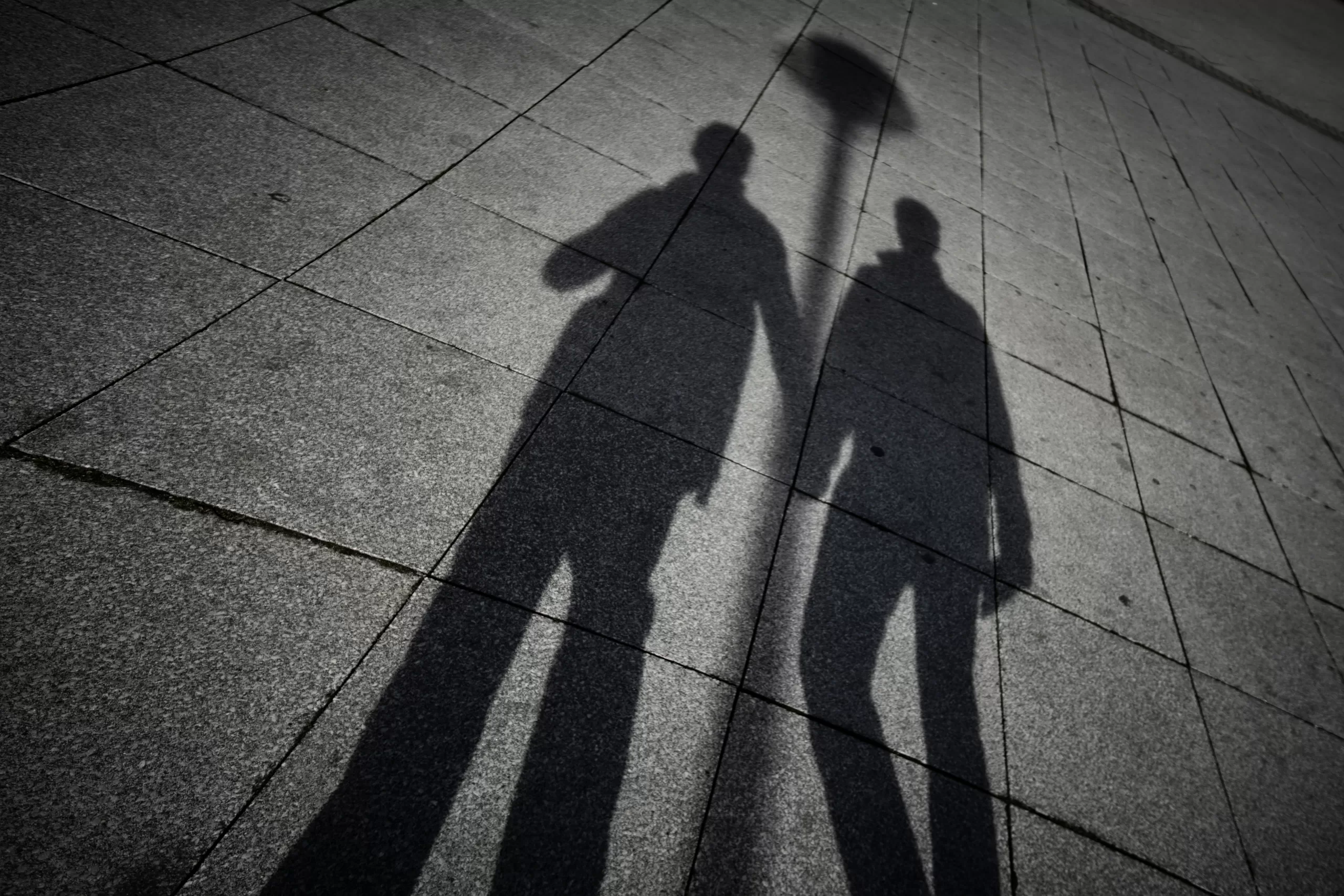Reflecting on life in 1980s Ireland, GCN contributor Colin Daly shares the caution he exercised to avoid “outing” a fellow member of the LGBTQ+ community.
A major concern for many queer people is being “outed”. This is not a legal problem in many countries but it can still be a massive cultural and social problem. Despite all the progress made, including the introduction of same-sex marriage, it is still not easy for many LGBTQ+ people, for all sorts of reasons, to come out.
Being legal doesn’t always mean social acceptance, and it can make for a very uncomfortable working environment whereby you are stuck in the middle of what route to take in order to have a happy work/life balance.
To come out or not to come out. That is the question.
When I was coming out in the 80s, it was, effectively, illegal to be a gay man. You could be arrested, lose your job and have the sulphurous fires of Hades descend on you for being queer (or even for being suspected of it).
Dublin was a small city so inevitably, you were going to come across someone that you knew in a queer venue. It was an unavoidable fact that you were going to be “outed” by virtue of circumstance or location. Albeit awkward or embarrassing, this was a relatively easy situation to navigate because of where it happened.
Additionally, you were bound to meet people who knew you, who knew you were queer, in a non-queer or a neutral environment whilst you were in the company of people who didn’t know your secret. You effectively had to have some sort of strategy to deal with this situation in case you were about to be inadvertently outed by something they said that gave the game away.
Unfortunately, I would argue that this situation still prevails. Strategies for “identity” safety are still required.
I remember that a client visited my workplace one day. That evening, I was astonished to see him in Bartley Dunnes. I had never seen him before the work visit and I thought that perhaps I would say hello. I didn’t get the chance because, whether or not he recognised me from earlier in the day, he walked straight past and I never saw him again.
This didn’t really surprise me as, if he had recognised me, then it was a self-defence mechanism. For whatever reasons, he undoubtedly did not want to be “outed” in any capacity, even in an ostensibly queer venue. So he did what he felt necessary: ignore and run.
Even these days, there may be many reasons why people want to confine knowledge of their sexuality to a restricted few. Why this might be the case is irrelevant. It’s your call who you want to tell.
There was a golden rule in the 80s: don’t ever “out” someone. This included the process of ignoring queer people in the street or other public areas if you didn’t know who they were with or if they didn’t know who you were with.
Generally, this was an effective status quo and it was not considered rude to ignore another gay person in a public place when they, or you, were in company.
Sometimes, in a queer environment, you immediately acknowledged one another. Other times, they completely ignored you. This could require delicate handling. In general, I found that saying hello was a good thing to do and it’s a good starting move. Being polite whilst not giving anything away.
It could be the case that they would completely deny knowing you but, again, this is a self-defence strategy and should not be taken as rudeness.
Many things have changed for the better but for some in our community, it may not feel safe to come out. In any case, it’s fairly simple: if you see someone that you know is queer and they are in company, let them make the first move. This should be a reciprocal rule and one that we can all live with.
© 2025 GCN (Gay Community News). All rights reserved.
Support GCN
GCN is a free, vital resource for Ireland’s LGBTQ+ community since 1988.
GCN is a trading name of National LGBT Federation CLG, a registered charity - Charity Number: 20034580.
GCN relies on the generous support of the community and allies to sustain the crucial work that we do. Producing GCN is costly, and, in an industry which has been hugely impacted by rising costs, we need your support to help sustain and grow this vital resource.
Supporting GCN for as little as €1.99 per month will help us continue our work as Ireland’s free, independent LGBTQ+ media.
